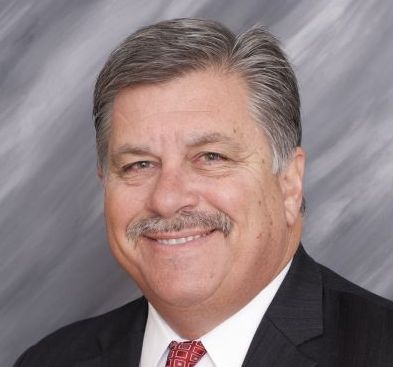A Greener Form of Human Resources

There are a great many industries in which individuals who have successfully completed a career track in one area will often seek and find a like opportunity in another line of work, often for a nearly-identical job. Here are just a few of the many examples we may be more familiar with: Former military pilots who become airline Captains and First Officers Retired police officers who become security directors, managers and supervisors Military personnel with assignments in various support roles, ranging from mechanics, HVAC, clerical and a wide variety of other skilled positions.
The experience and technical expertise these individuals acquire over years, often decades, of service often provides them with a superior set of skills that provide an almost seamless infusion into a new organization. But this is particularly favorable to our companies and agencies, as well. As leaders, we find a very special opportunity to add intangible qualities that can uniquely and very positively influence our team. In addition to the superior talents that these new members of our department have and utilize, in many cases we also see equally effective informal leadership and mentoring that helps develop our existing staff in new ways.

This, of course, is in addition to what we save on training costs. We know well that we save significant management and supervisor time because these high performers arrive at the new position with confidence and a solid understanding of how to align their talents to the mission of their new organization, again, because the new employee who is bolstered by a successful first-career understands the broader perspective of the company, often to include the roles and needs of colleagues, supervisors and managers alike.
These team members also typically have far fewer complaints and disciplinary issues, and we save with fewer on-the-job injuries as compared to many other employees who are newer to these positions and occasionally and wrongly handle equipment. Perhaps the most striking advantage may be in the dramatic reduction we will see in our staff, as lower rates of turnover equate to far fewer recruitments. This is due to the unique commitment these employees typically bring to their new positions, armed with a well-developed sense of work ethic that includes loyalty, humility, and focus.
The savings on recruitments is both tangible and intangible. For as we save on the frequency of recruitments, hiring processes, equipping, training and the on-boarding and resourcing of these experienced workers, we also know that a more stable workforce in any organization has a common and respected internal value all its own. As leaders, we owe it to our organizations, colleagues and ourselves to build teams that have a variety of skill sets, experiences, and backgrounds that can contribute greatly to the ongoing learning among all members through informal and formal leadership opportunities, mentoring and training exchanges.
By demonstrating respect for the experience and professional successes outside of your own organization, you in turn model an equally important form of respect for every individual’s experience, learning and background that in time fosters a culture for them to be more willing to share these valuable but often immeasurable thoughts and suggestions they can share. Of course, as leaders, we also must always be seeking additional ways to enhance the developmental process for team members to be prepared to accept new levels of responsibility through promotions and project leadership assignments.
Finally, it is a natural process that our own organizations will, in turn, provide highly skilled professionals to a future company or agency when their career has concluded with us. We owe it to our professions the ethics of fullness and infinity. As an Eastern philosophy suggests, both are most certainly capable if considered in the following manner: Imagine taking a cup of water from the ocean. The cup is full, but the ocean also remains full. Appreciating these highly skilled persons as they successfully complete a stage of their career and then transition to another, we will find that we are truly an ocean and not merely a cup. And I truly believe that the most successful leaders continually fill vessels—while trusting that their resource will always grow.

CAREER ADVICE

GOV TALK
